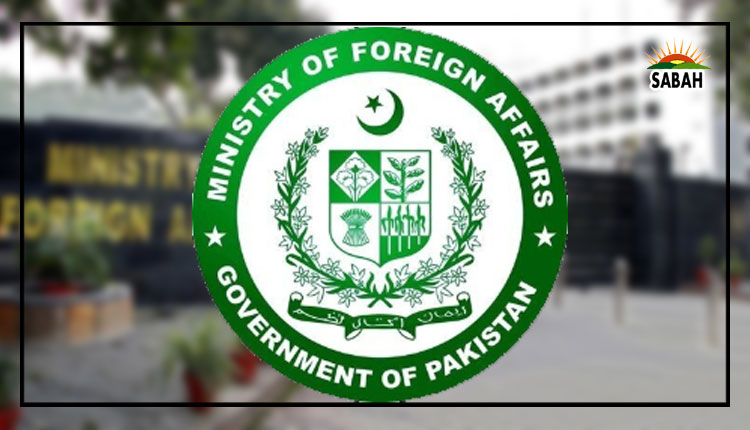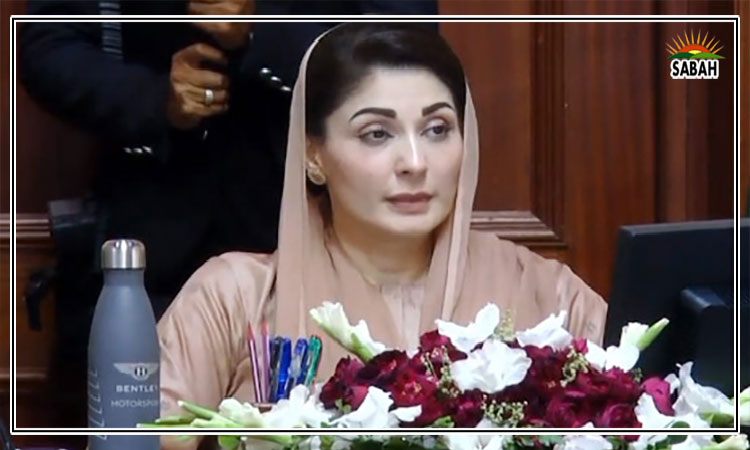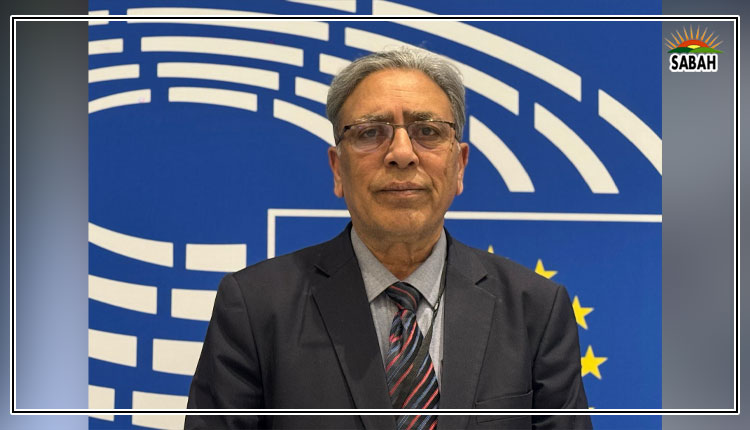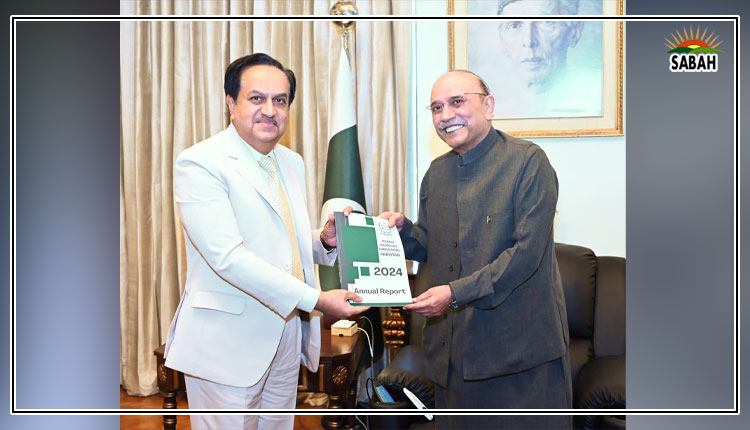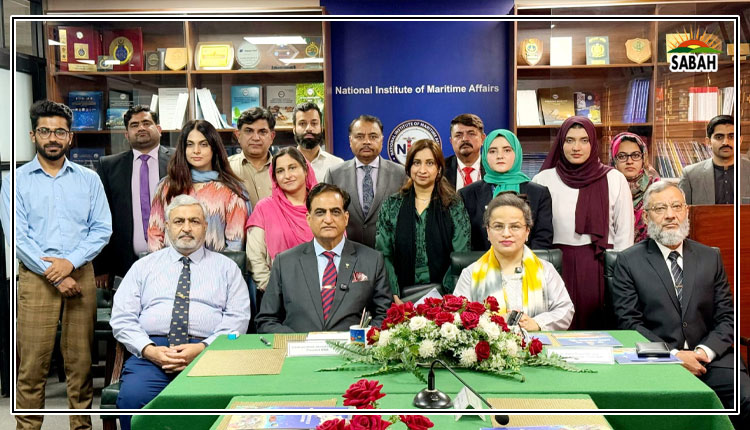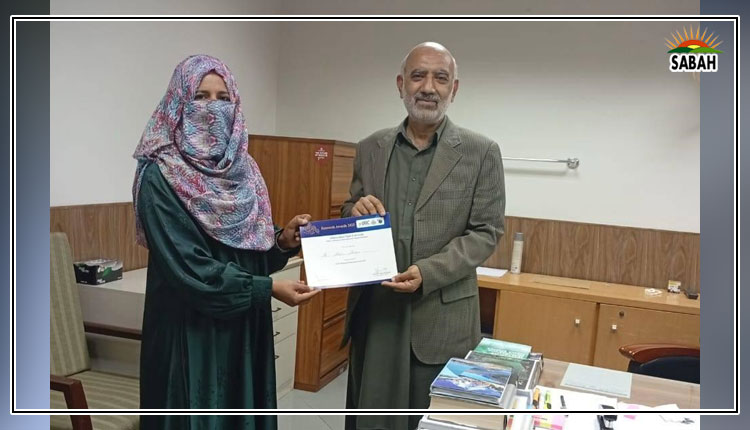What the future holds …. Dr Sharmila Faruqi
In Pakistan, political unrest has cast a pall over the country’s political landscape for years, shrouding state institutions and parliament in darkness. However, a glimmer of hope has emerged, and people can notice whispers of change echoing through the air.
The 2024 elections bring the promise of a new dawn, signalling the potential birth of a revitalized and rejuvenated Pakistan. The nation stands on the verge of transformation, eagerly anticipating the winds of change to sweep away the shadows that had long veiled its political horizon.
The Pakistan People’s Party (PPP), led by Bilawal Bhutto-Zardari, emerges as the favoured contender in the upcoming elections, carrying ambitious yet pragmatic plans to uplift Pakistan from its prolonged struggle.
Bilawal Bhutto-Zardari pledges a new era of politics – one that is not only fresh and inclusive but also marks the decisive end to the divisive politics that has ensnared Pakistan in a quagmire of resentment in recent years. His vision resonates with the hopes of a nation, seeking a path towards unity, progress, and a brighter future.
Embracing a paradigm shift in Pakistani politics – characterized by fresh perspectives and a departure from old traditions – signifies a comprehensive overhaul. With approximately two-thirds of Pakistan’s 241 million population under the age of 30, the contrast is stark as prime ministers since 2000 have averaged over 61 years in age.
Bilawal’s emergence signals a departure from these longstanding norms, as he is poised to break tradition and potentially become the country’s youngest prime minister.
Bilawal asserts our commitment to implementing a concrete plan that includes providing free electricity and enhancing social safety programmes. The PPP envisions a comprehensive restructuring of Pakistan’s development model, with a focus on addressing the imminent threat of climate change.
Our goal is to ensure that the $10 billion funds, pledged by donors last year to help Pakistan build back the areas damaged by the 2022 floods that displaced seven million people, are directed towards combating climate change.
The PPP’s 10 pledges aim to benefit the people – from the New Green Deal to focusing on housing as a fundamental right, the PPP has the vision to invest in human development. We commit to tackling historical challenges such as inflation, unemployment, poverty, and the climate crisis. The consumption-oriented growth approach pursued by the PTI, the PML-N, and the Musharraf dictatorship has left Pakistan’s investment ratio as the worst among comparable nations.
Public investment has dropped from a peak of 12 per cent of the GDP during the days of Shaheed Zulfikar Ali Bhutto to just 2.0 per cent in 2023. By bolstering investments, we aim to foster long-term, sustainable, and inclusive growth, creating employment opportunities for Pakistan’s youth.
Our investment strategy rests on two pillars: revitalizing the country’s investment landscape through public-private partnerships, mirroring the successful Sindh model and placing substantial emphasis on climate change adaptation.
By eliminating 17 federal ministries that should have been devolved after the 18th Amendment, we will save over Rs328 billion annually. The other goal is to eliminate subsidies to the elite. Untargeted subsidies of over Rs1,500 billion annually are provided to the privileged segments of society. These will be reallocated to social protection programmes and for enhancing people-friendly, climate-resilient investments.
By fundamentally restructuring Pakistan’s development strategy to prioritize climate resilience in infrastructure, we should be better placed to tap into internationally available streams of climate finance. This includes the loss and damage fund agreed upon in COP27 and other forms of concessional financing, including carbon credits.
To increase investments and social protection in a sustained manner, it is necessary that revenue collection in Pakistan increases. The low level of revenue over two decades demonstrates that fundamental reforms in the revenue machinery are required.
The only bright spot on the revenue collection front has been the revenue boards established at the provincial level to collect GST on services, with Sindh leading the way. These provincial entities have performed much better than the FBR. We will devolve GST on goods, which is still with the FBR, to the provincial revenue boards. This will not only increase Pakistan’s revenue performance but also unify GST collection.
Our pledges offer a vital path to break free from the destructive cycle of inflation, unemployment, and poverty, all while addressing the pressing issue of the climate crisis. Prioritizing investments in the people will pave the way for inclusive growth and prosperity, benefiting everyone and not just a select few.
In the context of elections, the PPP stands out as the preferred choice due to our deep-rooted connections with grassroots communities and a profound understanding of their challenges. With Bilawal Bhutto-Zardari at the helm, the PPP is poised to secure victory, potentially making him the youngest-ever prime minister in the country’s history.
The visionary legacy of the late Benazir Bhutto, fondly known as Shaheed Mohtarma, lives on and is poised to be realized under the leadership of Bilawal. His guidance promises an inclusive, prosperous, and greener Pakistan, signalling the end of decades-long instability and ushering in a new era of hope and stability for the nation.
The writer is a former member of the Sindh Assembly.
Courtesy The News


